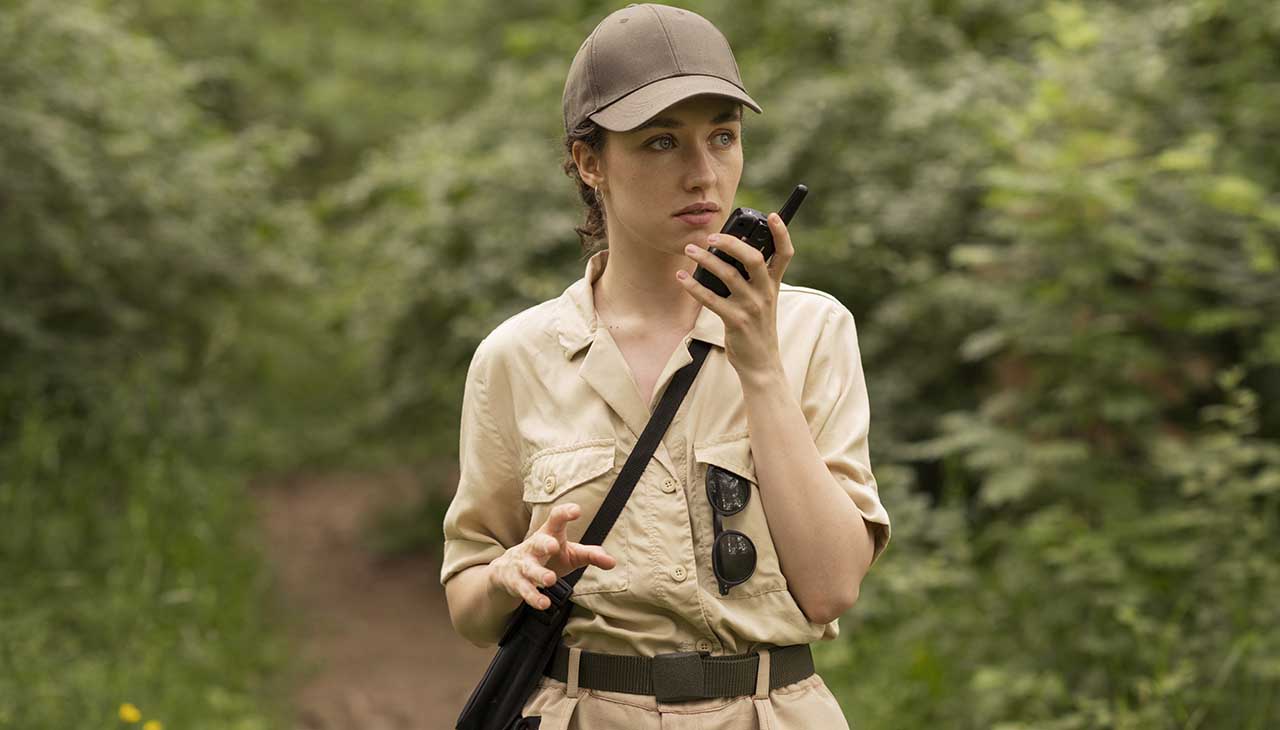
From Forest to Field: How Hunters Shape Wildlife Conservation
Introduction to the Role of Hunters in Wildlife Conservation
Hunting and wildlife conservation might seem like opposing concepts, but they often go hand in hand. For eco-conscious hunters and wildlife enthusiasts, understanding this relationship is essential. Hunters play a crucial role in maintaining ecological balance, supporting sustainable wildlife populations, and preserving natural habitats.
In this blog post, we’ll explore how hunters contribute to wildlife conservation, the evolution of hunting practices, and modern challenges facing wildlife today. We’ll also look at sustainable hunting practices, the benefits of hunting to local communities, and the role of technology in balancing conservation efforts. By the end, you’ll see how hunter-led initiatives are making a difference and what the future holds for this vital partnership.
Historical Perspective: The Evolution of Hunting for Conservation
Hunting has been a part of human history for millennia. Initially, it was a means of survival, providing food and resources. Over time, as societies evolved, so did the reasons for hunting. In the early 20th century, unchecked hunting led to the decline of many species, prompting the need for regulation and conservation efforts.
The North American Model of Wildlife Conservation emerged as a response, emphasizing regulated hunting to maintain healthy wildlife populations. This model highlights the idea that wildlife is a public resource, managed for the benefit of all. Hunters, through licensing fees and conservation organizations, have become key players in funding and supporting these efforts.
Today, hunting is seen not just as a recreational activity but as a vital tool in wildlife management. By controlling populations and preventing overgrazing, hunters help ensure the sustainability of ecosystems.
Modern Challenges Faced by Wildlife and How Hunters Can Help
Wildlife today faces numerous challenges, from habitat loss and climate change to poaching and invasive species. Hunters can play a pivotal role in addressing these issues. For example, regulated hunting helps manage species populations, preventing overpopulation and its detrimental effects on habitats.
Invasive species, introduced either accidentally or intentionally, can disrupt local ecosystems and threaten native wildlife. Hunters can help control these populations, protecting biodiversity. Furthermore, hunters often work closely with conservation agencies to monitor wildlife health and report any signs of disease or distress.
By participating in conservation programs and supporting wildlife-friendly policies, hunters can make a significant impact. Their unique position on the front lines of nature allows them to observe changes and advocate for necessary actions.
Sustainable Hunting Practices: Examples and Importance
Sustainable hunting practices ensure that hunting activities do not harm wildlife populations or ecosystems. These practices include adhering to hunting seasons, bag limits, and using ethical hunting methods. By following these guidelines, hunters can contribute to the long-term health of wildlife populations.
An example of sustainable hunting is the use of selective harvesting, where hunters target specific animals to maintain a balanced age and sex structure within populations. This approach helps prevent overpopulation and supports genetic diversity.
Additionally, hunters can practice habitat conservation by preserving and restoring natural habitats. Planting native vegetation, creating water sources, and maintaining forested areas all contribute to a thriving ecosystem. By integrating these practices, hunters support both their passion and wildlife conservation efforts.
The Benefits of Hunting to Local Communities and Ecosystems
Hunting provides numerous benefits to local communities and ecosystems. Economically, hunting generates significant revenue through license fees, equipment sales, and tourism. This money often funds conservation programs, habitat restoration, and wildlife research.
Socially, hunting fosters a sense of community and connection to nature. Hunters often engage in local conservation projects, volunteer their time, and educate others about the importance of wildlife management. This sense of stewardship promotes a culture of conservation and respect for nature.
Ecologically, hunting helps maintain balanced wildlife populations, preventing overgrazing and habitat degradation. By controlling certain species, hunters promote biodiversity and support the overall health of ecosystems.
The Role of Technology in Balancing Hunting and Conservation
Technology has revolutionized hunting and wildlife conservation. Advances in GPS, drones, and trail cameras allow hunters to track and monitor wildlife more efficiently. These tools provide valuable data on animal movements, population sizes, and habitat use.
In addition to aiding hunters, technology supports conservation efforts. Remote sensing and GIS mapping help identify critical habitats and areas needing protection. Wildlife biologists use this information to develop targeted conservation strategies.
Furthermore, social media and online platforms have created opportunities for hunters to share their experiences and advocate for conservation. By raising awareness and fostering collaboration, technology bridges the gap between hunting and conservation communities.
Personal Stories and Case Studies of Hunter-Led Conservation Efforts
Many hunters have taken the lead in conservation efforts, demonstrating their commitment to preserving wildlife and habitats. One such example is the story of a group of hunters in Montana who formed an organization to protect a critical elk migration corridor. Through fundraising and advocacy, they successfully secured conservation easements, ensuring the corridor remains intact for future generations.
Another inspiring case is the work of a hunting club in Texas that partnered with a local university to restore native prairies. By removing invasive species and planting native grasses, they created a thriving habitat for quail, deer, and other wildlife. Their efforts have not only improved the ecosystem but also provided educational opportunities for students and researchers.
These stories highlight the positive impact hunters can have on conservation. Their dedication and passion for wildlife drive meaningful change, benefiting both nature and society.
Conclusion
Hunting and wildlife conservation are deeply intertwined. By understanding and supporting sustainable hunting practices, eco-conscious hunters and wildlife enthusiasts can make a significant difference. From controlling populations to preserving habitats, hunters play a vital role in maintaining healthy ecosystems.
The future of hunting and conservation lies in continued collaboration, innovation, and advocacy. By working together, we can ensure that our natural world thrives for generations to come. If you’re passionate about wildlife and want to make a difference, consider joining a conservation organization or supporting hunter-led initiatives. Together, we can create a brighter future for both hunters and wildlife.